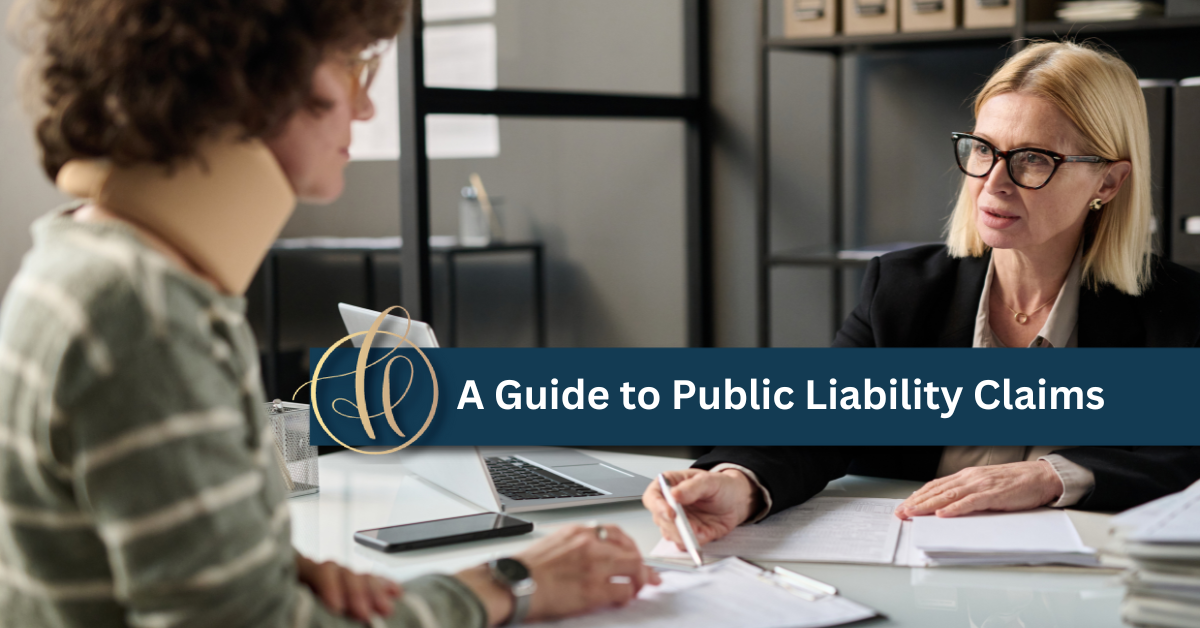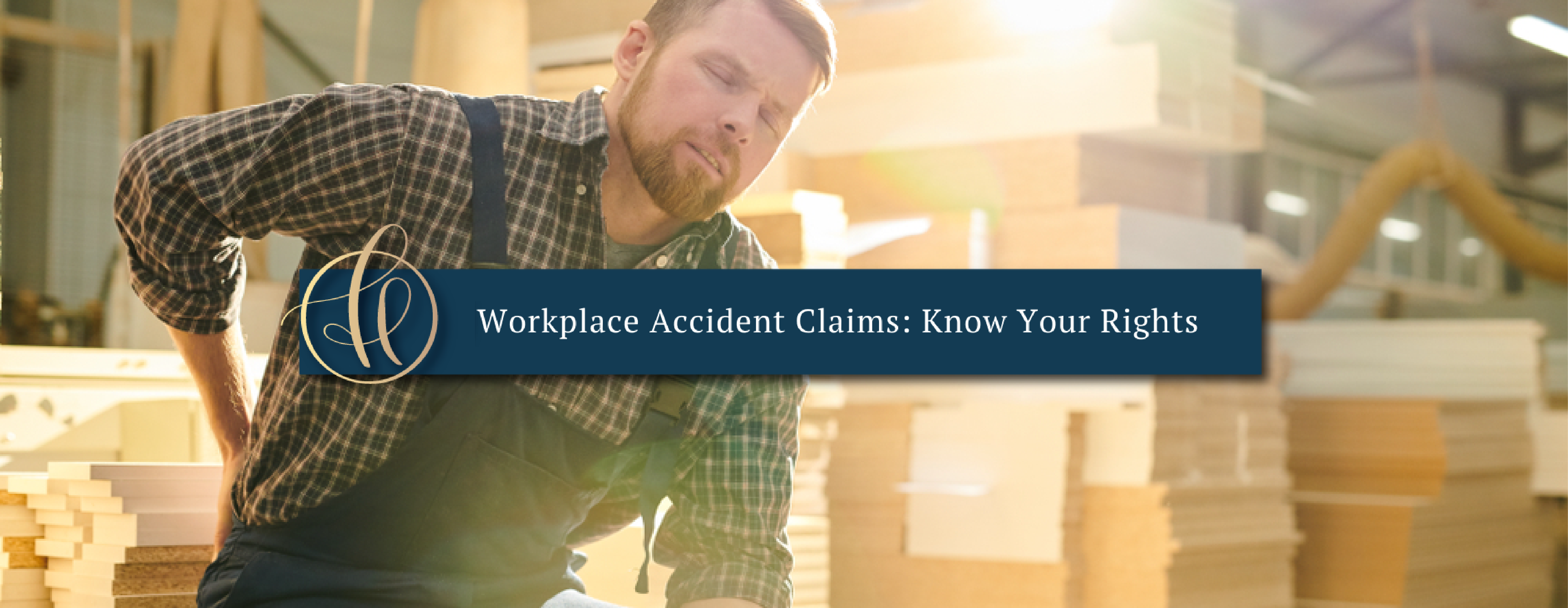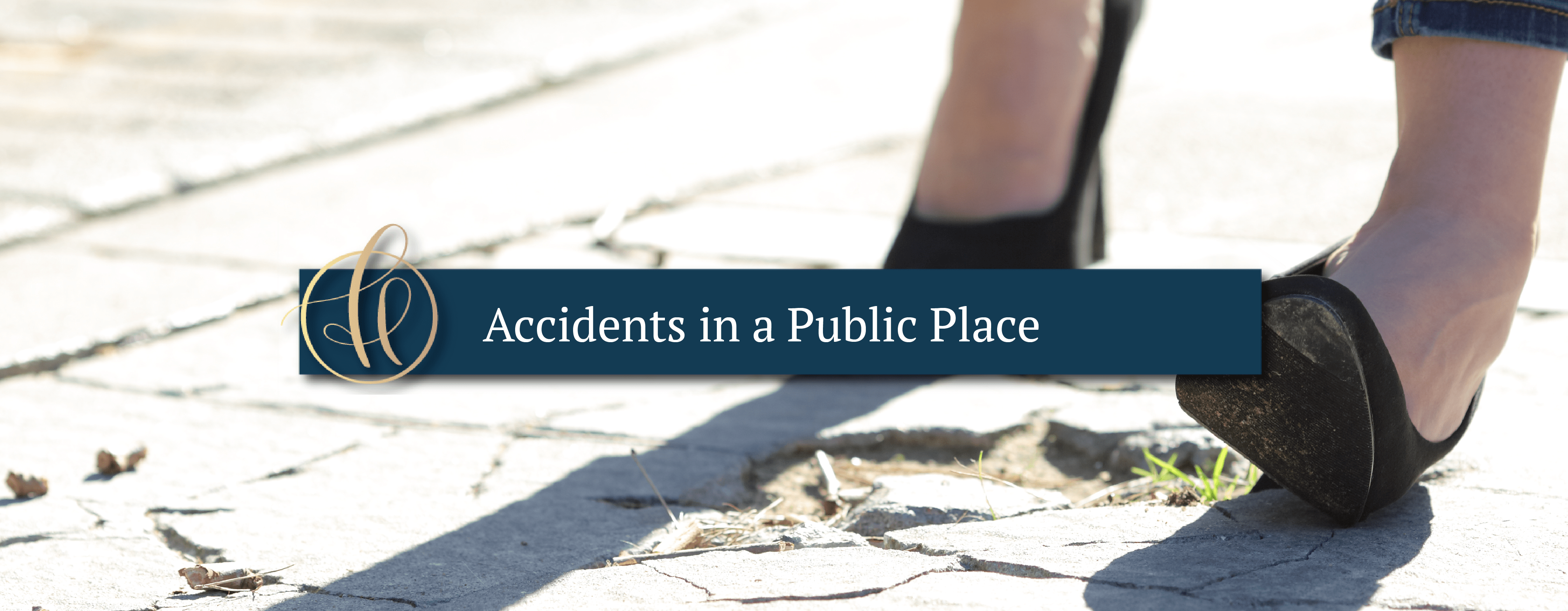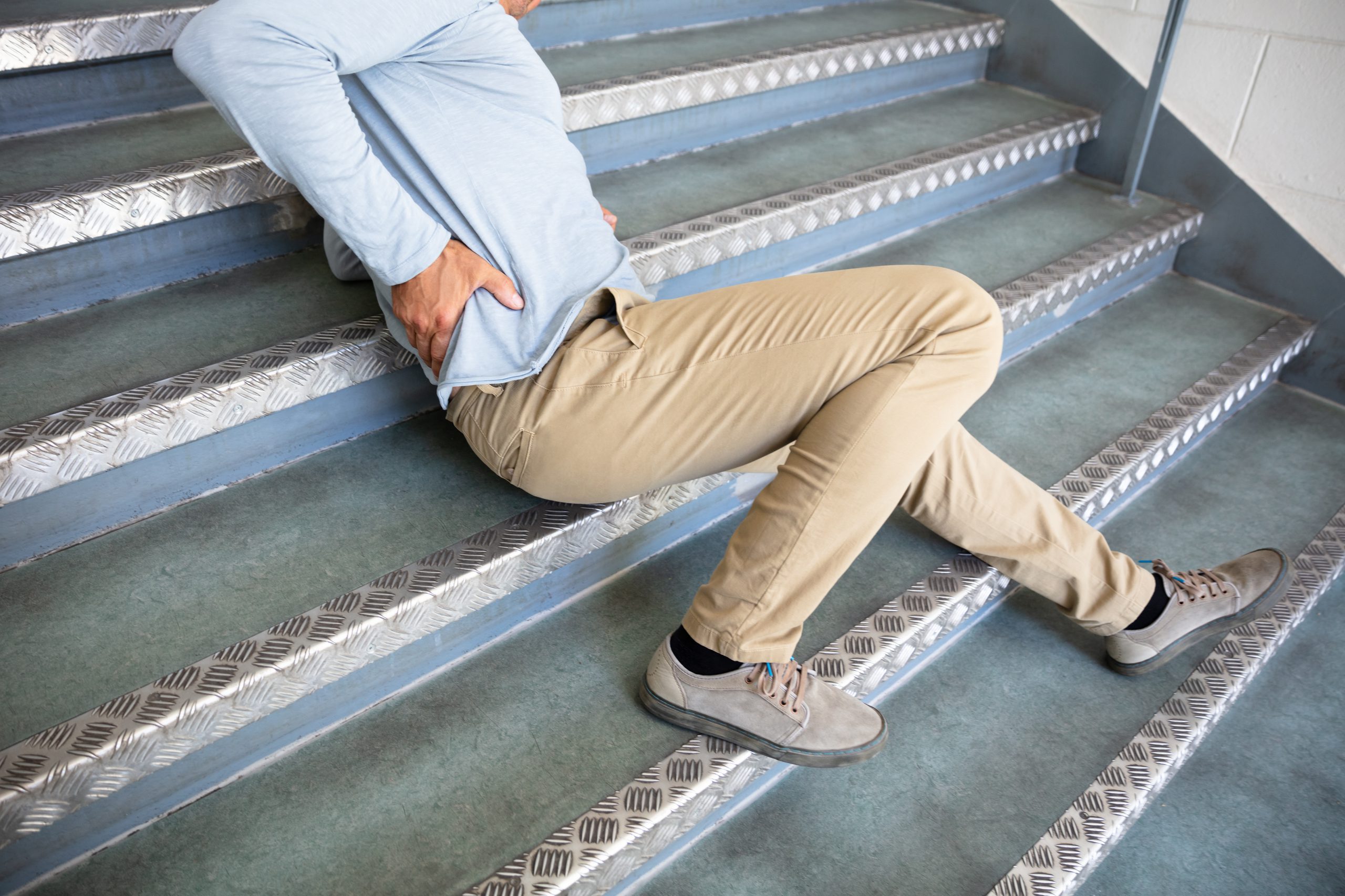Public liability claims in Ireland are a common occurrence, arising from accidents that occur on premises owned or controlled by another party. The risk of these increases during the harsh winter months as slips, trips and falls on ice are more likely.
Public liability claims can involve a wide range of injuries, from minor bumps and bruises to more serious physical and psychological trauma. If you have been injured in a public place due to the negligence of another party, you must understand the process of making a public liability claim. In this blog post, we discuss what public liability is, the criteria required to make a claim, the PIRB and the claims process.
What is Public Liability?
Public liability refers to the legal responsibility that an individual or organisation has to ensure the safety of others on or in their premises or while under their control. This duty of care extends to maintaining safe premises, providing adequate supervision, and taking reasonable steps to prevent foreseeable harm. When this duty of care is breached, and an individual suffers an injury as a result, they may have grounds for a public liability claim.
Key Elements of a Public Liability Claim
To establish a valid public liability claim, you must demonstrate the following elements:
- Duty of Care: The defendant owed you a duty of care to ensure your safety.
- Breach of Duty: The defendant breached this duty of care by failing to take reasonable steps to prevent foreseeable harm.
- Causation: Your injury was directly caused by the defendant’s breach of duty.
- Damage: You suffered a compensable injury as a result of the accident.
Initiating Your Public Liability Claim
The first step in pursuing a public liability claim is to seek medical attention promptly to assess your injuries and document your condition. Once you have received treatment, it is essential to gather evidence to support your claim. This may include:
- Photographs or videos of the accident scene and any injuries sustained,
- Medical records and bills,
- Witness statements from individuals who witnessed the accident,
- Any documentation related to the premises or activity that led to the accident.
The Role of the Personal Injuries Resolution Board (PIRB)
In Ireland, all non-medical negligence claims, including public liability claims, must first be submitted to the Personal Injuries Resolution Board (PIRB) for assessment. The PIRB is an independent body that provides a fair and impartial mechanism for resolving claims without the need for lengthy and expensive litigation.
PIRB Assessment Process
The PIRB assessment process typically involves the following steps:
- Compensation Questionnaire: You will complete a detailed questionnaire outlining the details of your accident, injuries, and losses.
- Medical Assessment: You may be required to undergo a medical assessment to assess the severity of your injuries and their impact on your life.
- PIRB Assessment: The PIRB will review your claim and medical assessment and issue an assessment offer, which may include compensation for pain and suffering, loss of earnings, and other expenses.
Seeking Legal Guidance
While the PIRB provides a valuable alternative to court proceedings, seeking legal advice from an experienced public liability solicitor is highly recommended. A solicitor can help you:
- Gather and organise evidence effectively.
- Navigate the PIRB assessment process.
- Evaluate your claim’s potential value and negotiate with the defendant’s insurance company.
- Represent you at PIRB hearings if necessary.
- Take your claim to court if the PIRB assessment is unsatisfactory.
Conclusion
Public liability claims can be complex, and seeking legal guidance early on can significantly improve your chances of success. Martin A. Harvey Solicitors has a team of experienced public liability solicitors dedicated to assisting individuals in pursuing fair and just compensation for their injuries. We understand the challenges you may be facing and are committed to providing personalised and effective legal representation. Contact us today to schedule a consultation.
+353-(0)21-4963400 / 4271006




